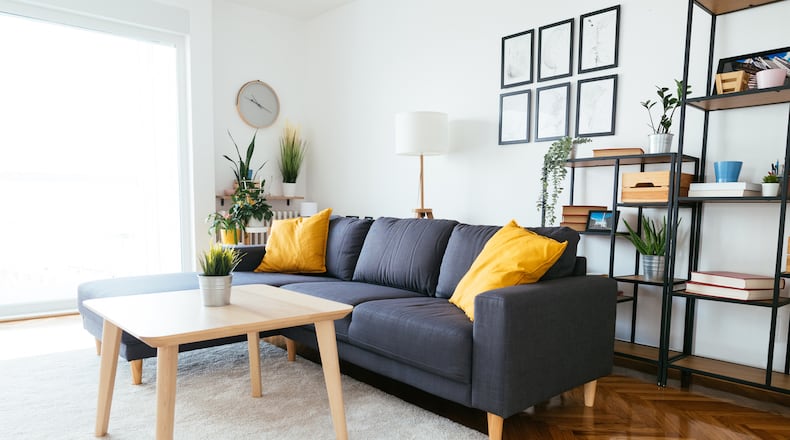The legislation is one of a trio of bills designed to regulate short-term rental companies, such as VRBO or Airbnb, defined as any establishment that rents fewer than five rooms for 30 days or less.
This bill only speaks to the taxation issue.
“There’s a lot of conversation in this House right now about lowering income tax, lowering property tax and the states that do that; they do that by tourism, taxing a little bit more when people come from out-of-state,” Bird said during sponsor testimony in early April. “So I think this is a common-sense bill, that’s simple. Does this raise taxes a little bit? Yes, but we‘re talking about raising taxes on tourism to our state.”
There are twin bills in the House and Senate that also include provisions for lodging taxes but mainly focus the regulation aspect. They would ban local governments from “adopting or enforcing regulations, requirements, restrictions or other resolutions or ordinances” that would:
- Prohibit short-term rentals
- Create a lottery system for eligibility of a short-term rental property
- Use zoning requirements to prohibit or limit short-term rental properties in areas that are zoned to allow for residential use
- Restrict the number of short-term rental properties a person may operate, and
- Require that an owner of a short-term rental property occupy the property.
The bills allow communities to license and regulate establishments for health and safety reasons, and charge a maximum $20 fee to pay for it.
The House Development Committee heard proponent testimony recently and Andrew W. Herf, executive director of the Ohio Association of Convention and Visitor Bureaus said the state needs to change with the times.
“These taxes are not new, but the business model — investors purchasing property and marketing them on huge online platforms —is new,“ Herf said. ”HB 161 seeks to modernize the tax code in the same way the Ohio legislature applies local sales taxes to online purchases or accepts cryptocurrency to pay taxes."
The Legislative Services Commission estimated state sales tax could increase between $15 million and $48 million per year, county sales tax might jump $3 million to $10 million annually and local government lodging tax revenues may increase between $3 million and $32 million per year, due to the bill’s mandatory extension of the tax to short-term rental properties."
Several people testifying on behalf of the bill mentioned this would not be a “new” tax. Rep. Levi Dean (R-Xenia) took issue with that assertion.
“A lot of people have referenced this isn’t a new tax, and I get that technically these taxes already exist, but you’re expanding it to a new group, so it seems a little bit deceptive when you guys bill it as not being a new tax,” Dean said. “So how would you answer that? On the one hand, you’re saying we‘re going to derive a lot more revenue, but some people have said no new tax, some people have said no increase in tax, well, there’s obviously an increase someplace if we get new revenue right.”
Anna Louden, director of the Logan County Visitors Bureau replied, “I wouldn’t say it’s a new tax because the hotels are already paying it.”
Joe Savarise, president & CEO of the Ohio Hotel & Lodging Association, reiterated that this bill is meant to update the antiquated laws as they pertain to taxes.
“If this were truly a new tax on hotel and lodging businesses I would not be standing here in support of it on behalf of our organization, and here is why,” he said. “The legislative intent on taxation is that transient accommodations in the state of Ohio, stays of less than 30 days are subject to a lodging tax. Everything else that has gotten in the way of that in terms of the room definition is all extraneous and antiquated language that’s been piled on afterwards.”
Airbnb reached out to this news outlet to share a statement from Ohio homeowner Dave Stokley, who is also a member of the Northern Ohio Short-Term Rental Association. He says it is a new tax on Ohioans and “Data shows that nearly half of guests who book short-term stays in Ohio are Ohioans themselves – supporting local businesses and keeping money circulating in our communities,“ Stokley said.
“This new tax would hurt everyday homeowners who rely on short-term rental income to cover rising costs and pay their mortgages, and it would also harm small businesses that depend on the foot traffic short-term rentals bring to more corners of the state.”
This was the second hearing for HB 161. Senate Bill 104 has had three hearings and House Bill 109 has had one.
About the Author
